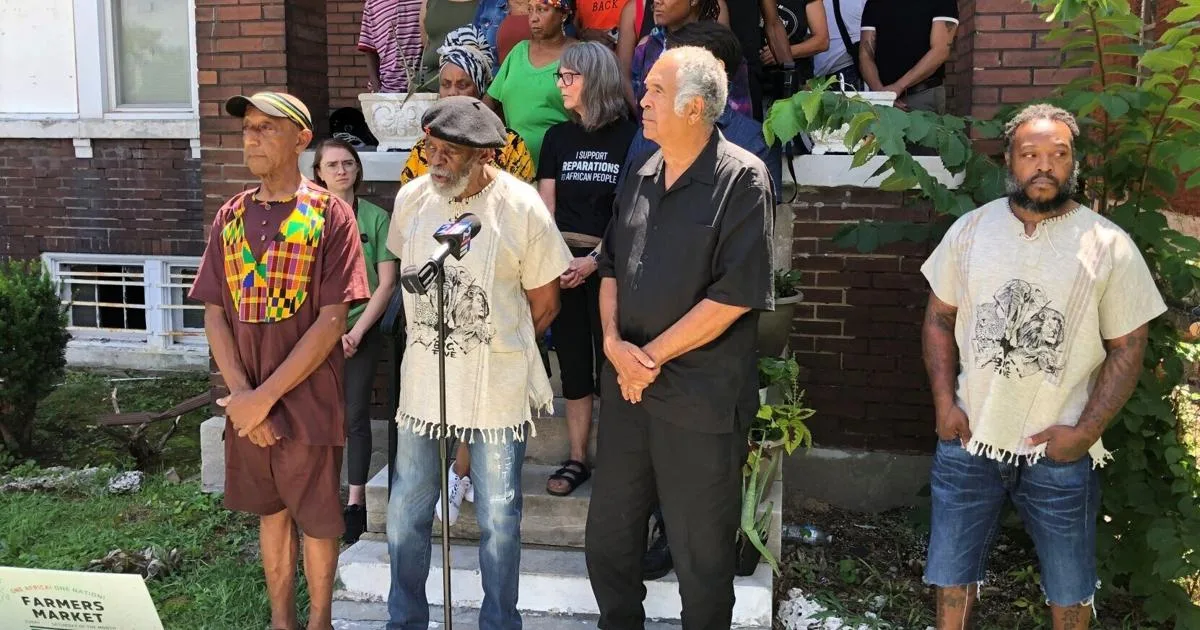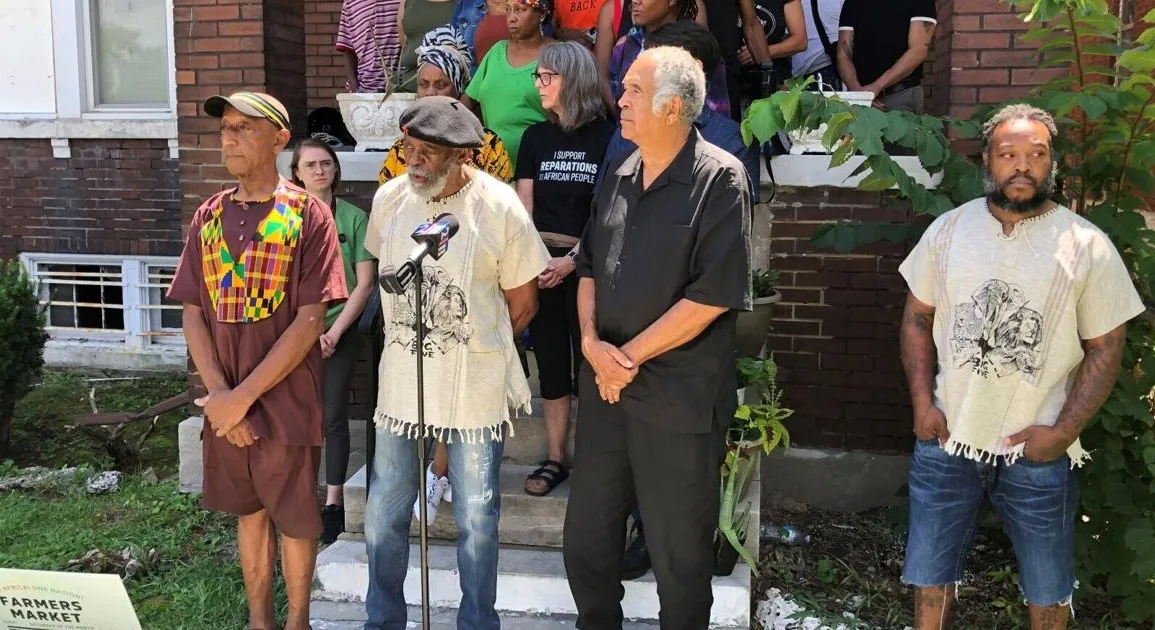
That Omali Yeshitela holds what most Americans would consider some radical political views is beyond dispute. The 81-year-old activist based in north St. Louis has been demanding slavery reparations since long before it was fashionable, refers to the United States government as “colonizers” and heads an organization called the African People’s Socialist Party. He has been open about his support for Russia in its unprovoked war against Ukraine.
Say what you will about any of that, but it appears on its face to be protected speech under the First Amendment. That principle is complicated, though, by the fact that Yeshitela and associates have accepted travel expenses and other funding from Russian operatives to help spread their criticism of the U.S. government — activities that a federal indictment alleges constitute illegal foreign attempts to sow discord in American politics.
It is incumbent upon prosecutors in this case to clearly prove that they aren’t attempting to criminalize unpopular political opinion. That’s a dangerous lid to open.
People are also reading…
As the Post-Dispatch’s Jesse Bogan reports, Yeshitela is accused of going on paid trips to Russia for the purpose of planning public media campaigns critical of the U.S. government.
The government’s case hinges largely on the fact that Russian sources paid modest amounts of money for things like funding of trips abroad for meetings. Yeshitela’s defenders argue that money obviously wasn’t Yeshitela’s motivation, since his anti-government activism far predates his Kremlin flirtations.
It should be noted that the wording of some of the allegations (Yeshitela associates “caused electronic messages to be sent” to others to draft a political statement and “start pushing it on media everywhere”) reads like a dictionary definition of protected free speech. That doesn’t mean there aren’t legitimate questions about Russian financial involvement. These are issues a jury will eventually have to parse.
In any case, considering what’s going on in putatively mainstream pockets of American politics today regarding Russia, the irony of these allegations is thick as borscht:
• The GOP’s current front-runner for the 2024 president nomination is an ex-president who in 2016 publicly encouraged Russian election interference (“Russia, if you’re listening, …”); who later publicly lied about the purpose of a meeting between his campaign and a Kremlin-affiliated lawyer who was offering “dirt” on campaign opponent Hillary Clinton; and who was impeached in 2019 for trying to extort campaign help from Ukraine’s government by threatening to withhold crucial aid it needed to defend itself against Russian aggression.
• Donald Trump is now facing his own federal charges for attempting to overthrow the 2020 election results by slating fake electors, pressing state officials to falsify vote counts and ordering his vice president to corrupt the vote-certification process. All of these undisputed allegations were a far greater threat to democracy than anything Yeshitela’s little-known fringe organization is accused of. Yet Trump’s GOP defenders — none of whom appear to be leaping to Yeshitela’s defense — are furiously alleging government overreach and violation of Trump’s free-speech rights.
• Trump’s defenders include Missouri Sen. Josh Hawley and other hard-right congressional Republicans who have suggested the U.S. should reduce or eliminate its support for Ukraine in its continuing defense of democracy against Russia’s authoritarian government.
As Trump’s case so vividly demonstrates, there is a crucial difference between speech that expresses unpopular but protected political opinion, and speech that furthers illegal activity. As we have argued previously, Trump’s conduct clearly constitutes the latter. Whether Yeshitela has crossed that line will hinge on the government’s ability to prove more than his promotion of unpopular opinions.


